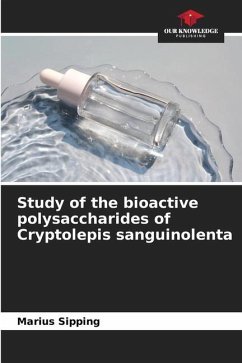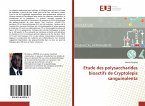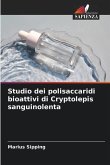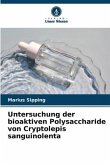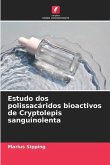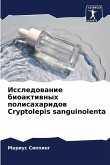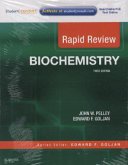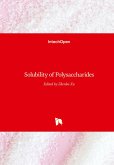Medicinal plants are used in Africa to prevent and treat disease, due to their low cost and ease of use. This is the case of Cryptolepis sanguinolenta, a periplocaceae used in Central and West Africa to treat intestinal infections, rheumatism and malaria. This book presents the partial characterization and evaluation of some of the biological activities of this plant's polysaccharides. Three fractions were extracted: soluble (FS), pectic (FP) and hemicellulosic (FH). Analysis of monosaccharide composition by gas chromatography revealed FS to be an arabinoglucan, FP a type 1 rhamnogalacturonan and FH a xyloglucan. Biological activity analysis revealed that, at 200 µg/ml, FS exhibited the best free radical scavenging and chelating activities, and FH the best iron-reducing activity. What's more, FS, FP and FH are non-toxic to human immune cells and regulate the production of pro-inflammatory cytokines. These results suggest that polysaccharides can be exploited to develop more effective and less costly therapies.
Bitte wählen Sie Ihr Anliegen aus.
Rechnungen
Retourenschein anfordern
Bestellstatus
Storno

